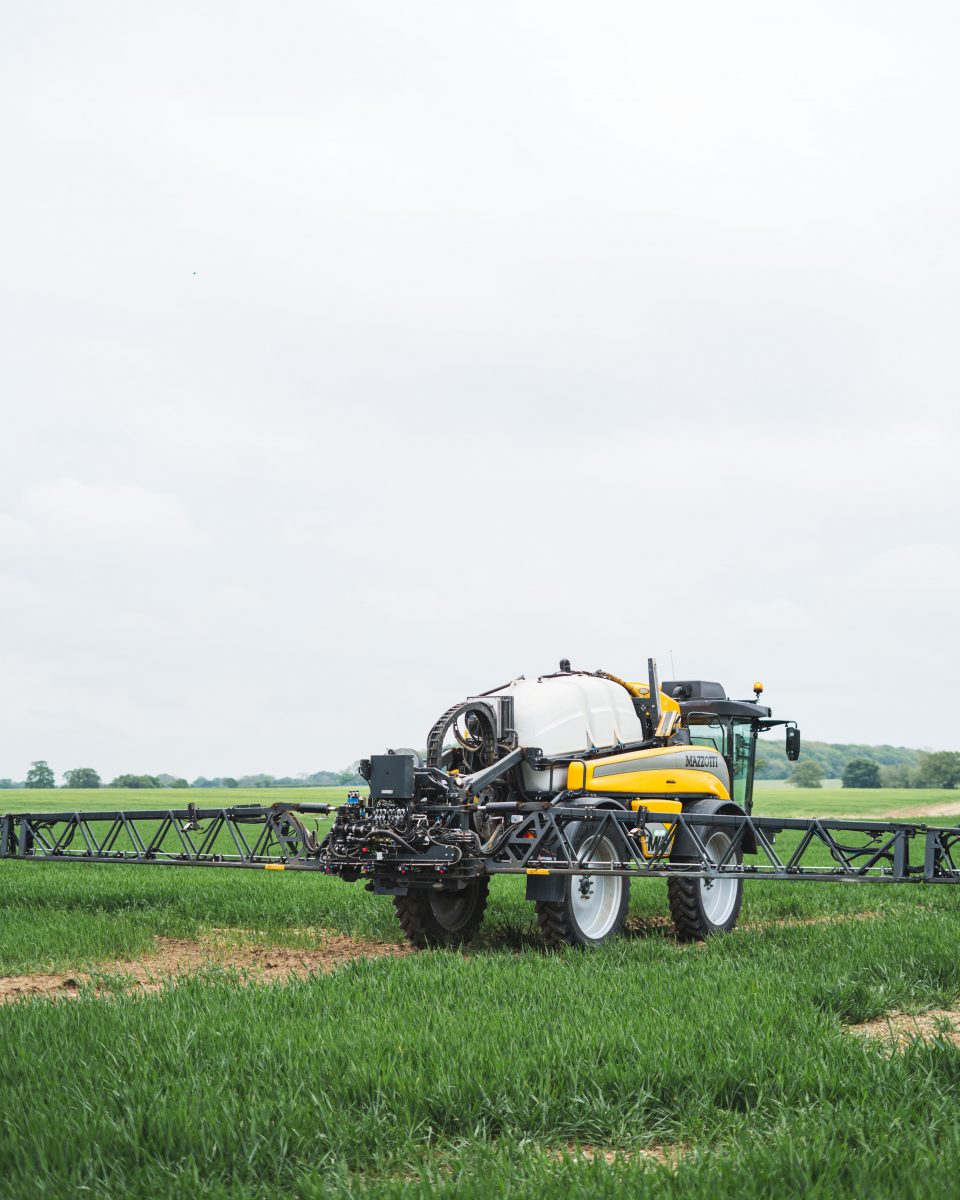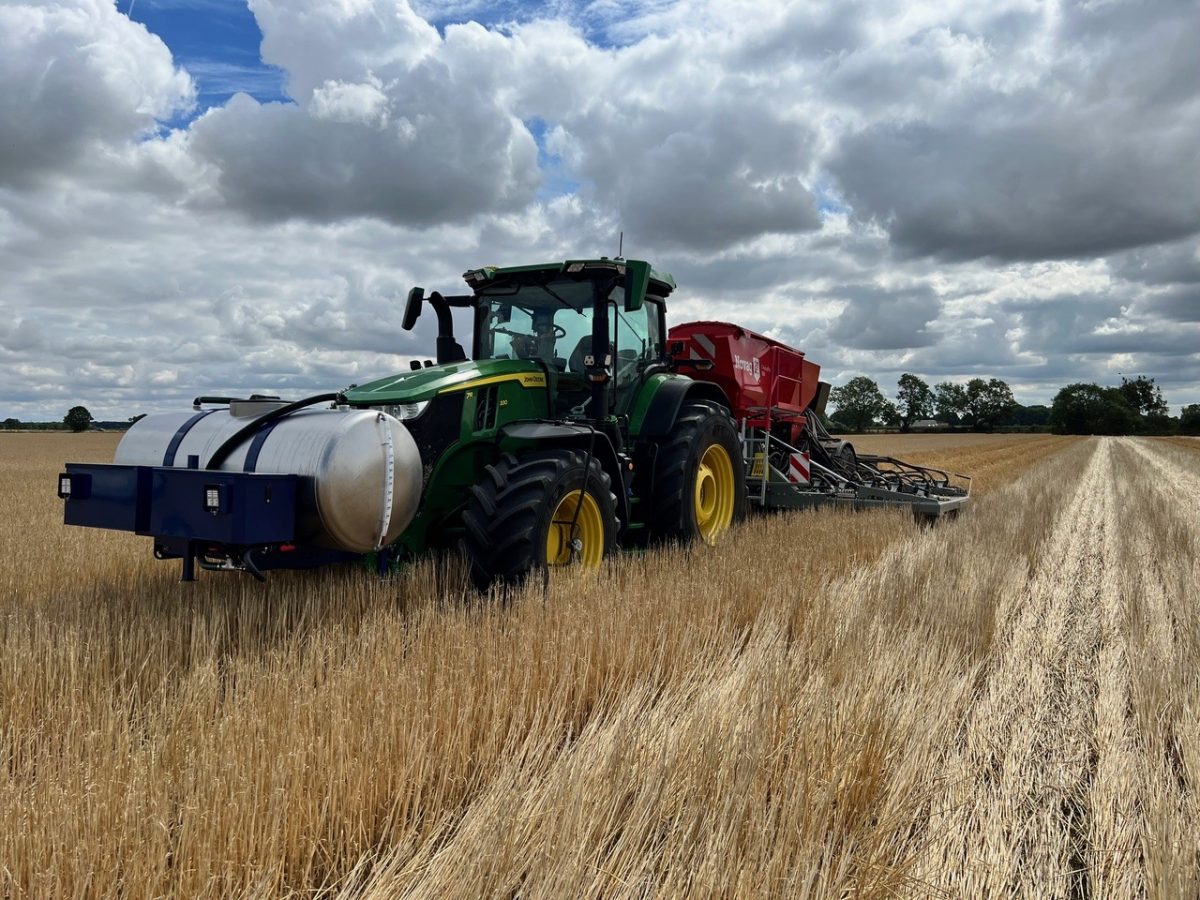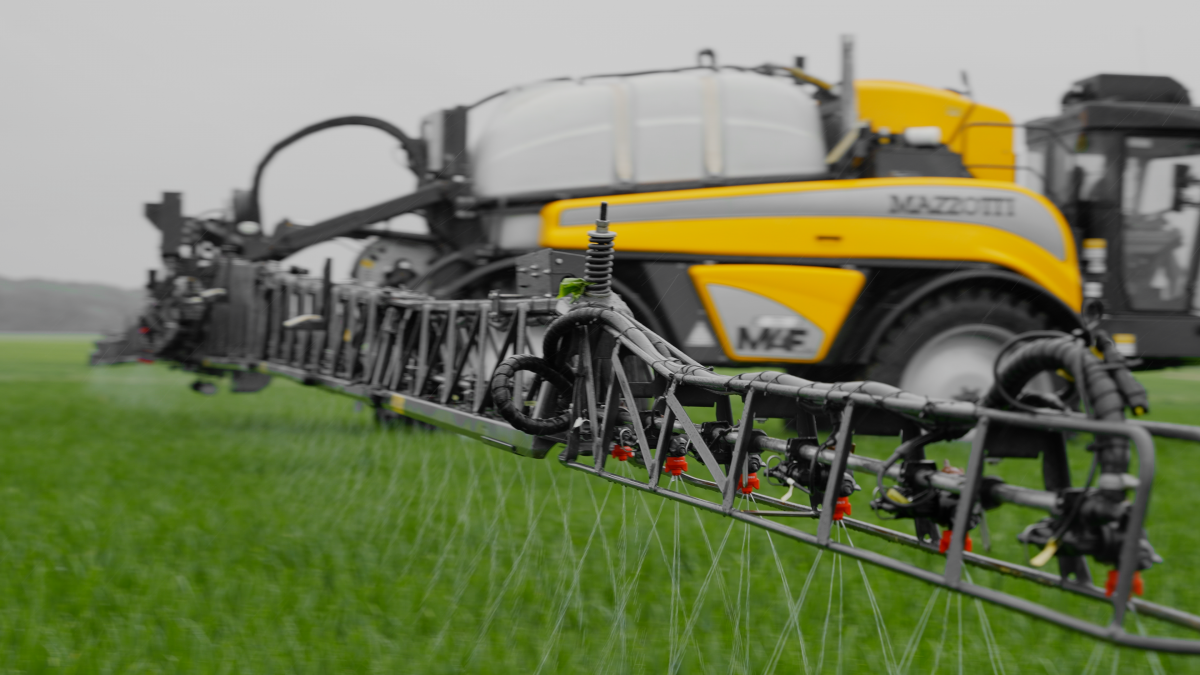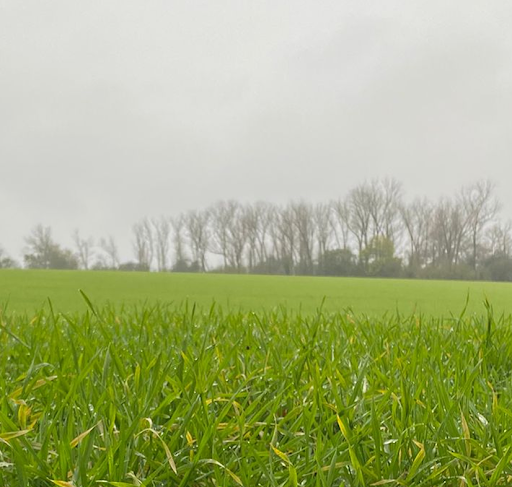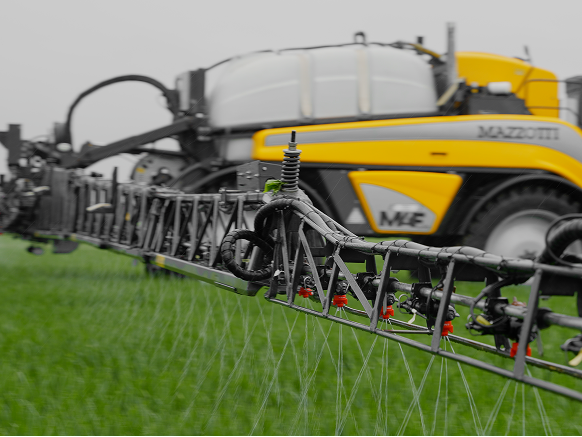Brineflow is disappointed that the Government has decided to introduce new CBAM taxes on nitrogen fertilisers from January 2027. The measures were announced alongside the 30th October 2024 budget papers.
The new tax, in addition to other taxes on farmers, could see the price of nitrogen fertilisers rise by £50-75 per metric tonne, which will inevitably contribute to wider food inflation by raising the component costs of beer, bread and biscuits and damage UK exports of primary food products like wheat and barley.
Our Chairman Lord Fuller, had tried to persuade the Government that fertilisers should be exempted from the new Carbon tax on the grounds that there is no longer any UK Primary Fertiliser Production from gas and therefore the risk of ‘carbon leakage’ to overseas was minimal. Without a UK industry to protect, there was no justification to impose the new charge, he argued.
The Government disagreed which means that the tax will be introduced from 2027 over and above any Tariffs that may also be imposed in the meantime.
The value of the tax will be a flat rate per tonne on every tonne imported, adjusted quarterly in arrears against the Emissions Trading Scheme market. Our international colleagues estimate that the tax will be in the range 60-90 EUR in Europe based on their experience.
Translated to the UK, the new CBAM tax will be between £50 and £75 per tonne on imported nitrogenous fertilisers and some compounds. The effect will be to add approximately 20-25% to the cost of a farmer’s fertiliser, already one of the most expensive inputs of growing a crop.
We have many concerns about the detailed Government proposals for the scheme.
- A flat rate per tonne for all nitrogen fertilisers means that it will incentivise the use of Urea, which is more nutrient-dense over liquid fertilisers as well as CAN and Ammomium Nitrate. This is perverse because DEFRA regulates the use of Urea on account of its ammonia and NOx emission. Taxes should not be encouraging the use of the most polluting fertilisers. The Treasury is encouraging the use of a product that DEFRA is has introduced regulations to restrict.
- Unlike the EU’s proposals, the UK’s flat rate per tonne means the most polluting factories, perhaps Chinese Coal-fired ones, will be able to trade on the same terms as the most efficient producer in Trinidad, for example. The Government’s approach provides no incentive to purchase from the world’s most efficient production. Indeed, the most polluting factories worldwide will be much more incentivised to sell their product in the UK than elsewhere defeating the policy objective to reduce global emissions.
- The EU will be gradually introducing CBAM in Europe but the UK will implement it in full in 2027. This will result in the UK being at a significant competitive disadvantage with our primary trading partners.
- The re-basing of the tax every quarter means that the normal annual seasonal markets will be distorted. Normally summer prices are incentivised to the period where fertiliser plants in the Northern Hemisphere need less energy. But from 2027, these will be tainted by the spring quarter with a three-month delay. This tax will incentivise fertiliser production in the coldest months, which requires more energy, again working against the principle of reducing global emissions.
- The variable CBAM tax will become due at the point the cargo enters free circulation. This will cause practical problems if a ship is delayed meaning that the original contract price may not necessarily be the one that is paid. This will add uncertainty to the purchase of forward cargoes more than a quarter ahead.

UK Sales Director Rob Buck [pictured] says “Brineflow has invested in the UK’s most modern terminals. Our preferential supply agreements are sourced from a factory whose emissions are 29pc below the EU’s standard figures. Our factory to field processes demonstrates about a fifth lower emissions than competing products. Brineflow has been leading the way to make nitrogen fertilisers more efficient and sustainable.”
He says “The Government’s flat-rate approach means that less responsible market participants will be handed a competitive advantage, aggravating rather than reducing global emissions, which is the stated Policy Objective. ”
“We are greatly disappointed that this decision will cost farmers, food processors and ultimately the end consumer more. This new tax will damage the profitability of the family farm, increase food prices, do nothing to reduce carbon emissions yet will incentivise the use of the most polluting fertilisers.”
The Farmers Weekly has quoted our Chairman, Lord Fuller on this issue


